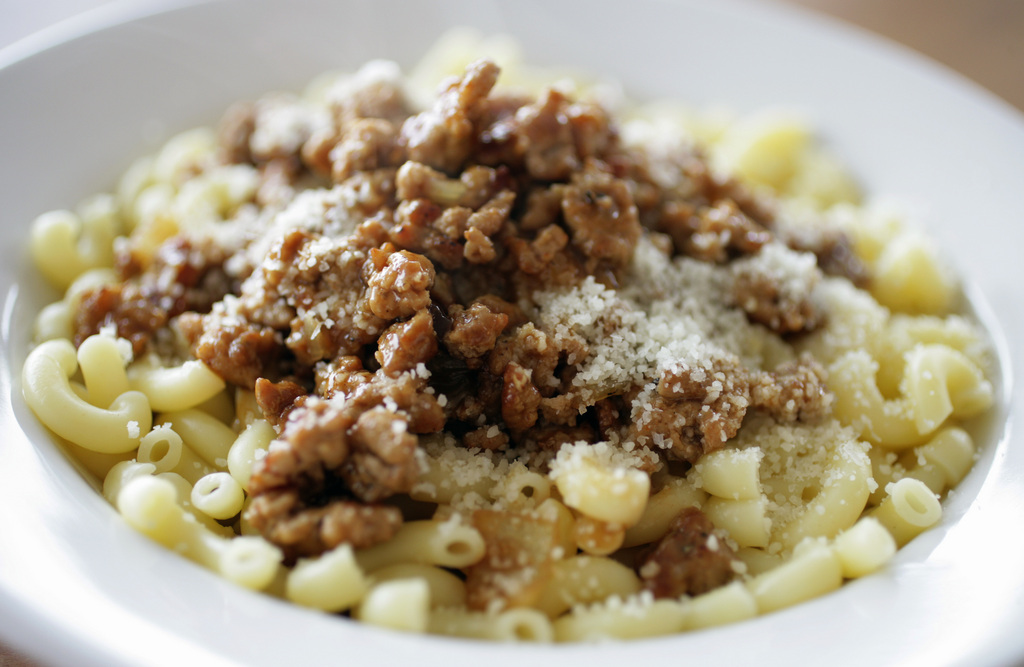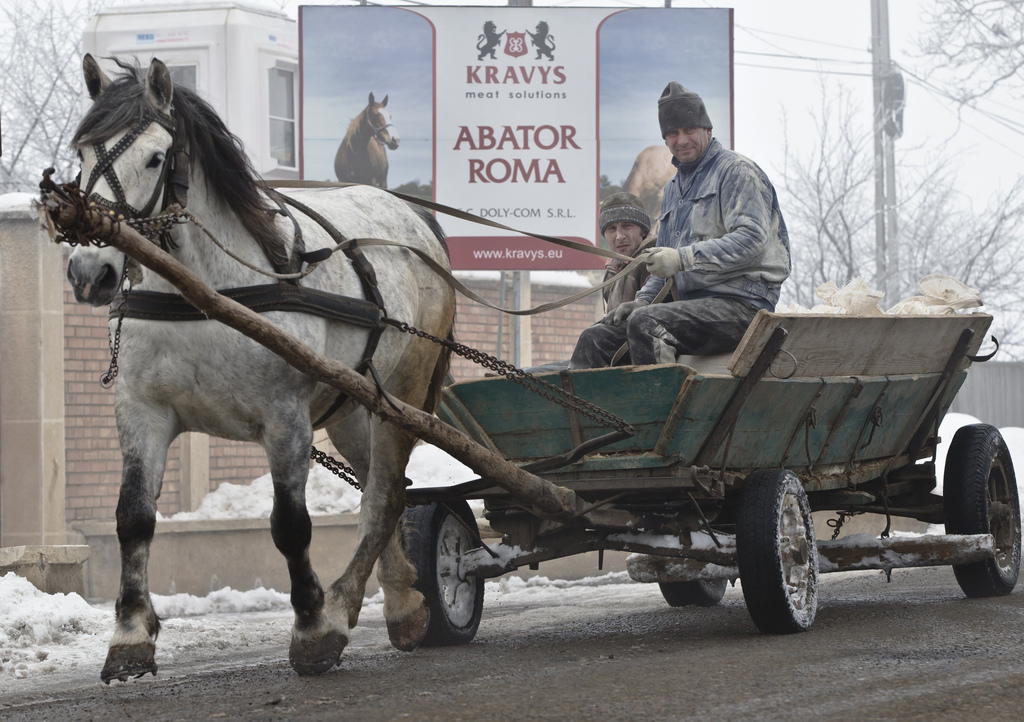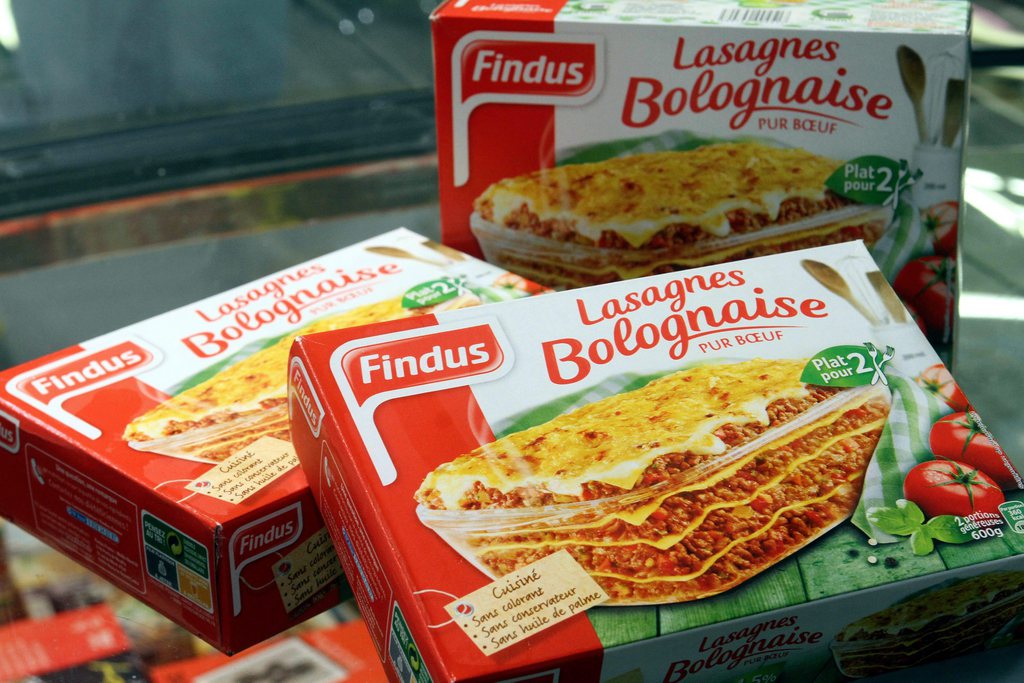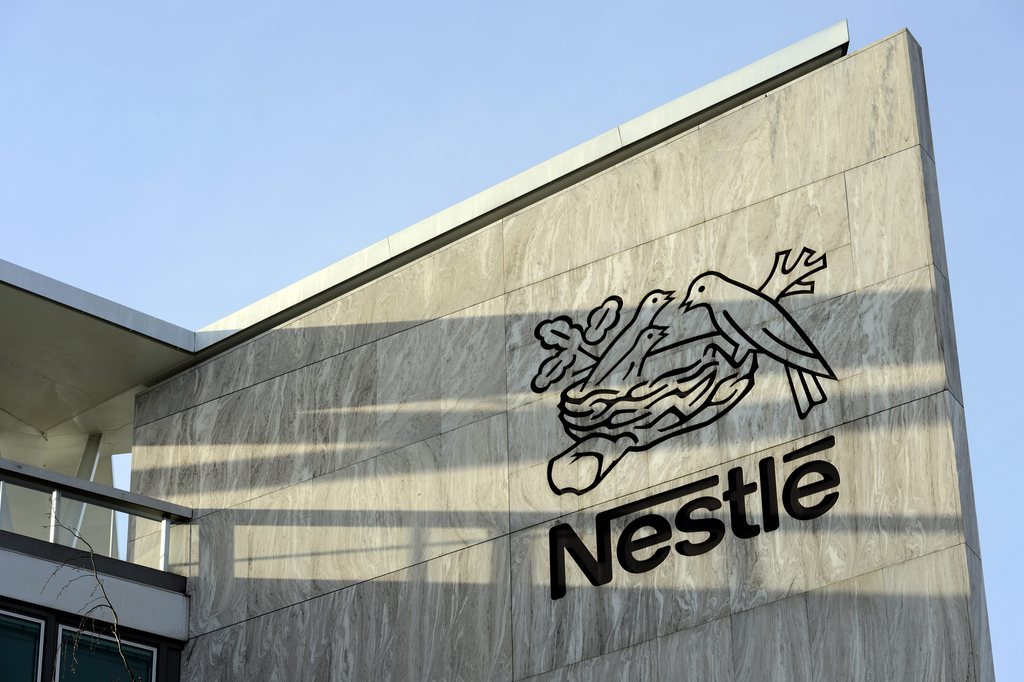Retailers could face charges in horsemeat scandal

The Swiss retail outlets which have been found to have sold products containing unlabelled horsemeat are facing calls for legal charges to be brought against them for negligence.
The chairman of the Association of Cantonal Chemists and a spokesman for the Federal Office of Public Health (FOPH) told the Swiss News Agency on Monday that the chief chemists of the cantons where the companies are headquartered should draw up a file on the matter and submit it to the courts.
It would then be up to the judges to decide whether a case should be opened.
The first call for legal action was made on Thursday by the chief chemist of canton Vaud, who described it as “extraordinary” that “a fraud of such exceptional extent should not have been discovered earlier”. He blamed the Coop supermarket chain – the first to withdraw a product – for not have carried out the necessary checks.
Coop pulled one lasagne product off the shelves on February 11, because it was produced by the French supplier Comigel, which was known to have sold products containing horse meat to retailers in some other countries. Two days later Coop confirmed that horsemeat had been found in its product too.
On Monday Coop and several other retailers – Manor, Volg, TopShop, Avec and Lidl – removed a further nine items produced by Hilcona, which is based in Liechtenstein.
Nestlé, the world’s biggest food company, has removed two chilled beef pasta meals from sale in Italy and Spain after finding traces of horse DNA.
The Vevey-based company, which just last week said its products had not been affected by the scandal, said tests had found more than one per cent horse DNA in Buitoni Beef Ravioli and Beef Tortellini.
Lasagnes à la Bolognaise Gourmandes, a frozen product for catering businesses produced in France, will also be withdrawn, the company said.
Nestlé also said it suspended deliveries of all products made using beef from a German subcontractor to one of its suppliers.
“We have informed the authorities accordingly,” Nestlé said in a statement on Monday. “There is no food safety issue.”
Hilcona had warned that tests it conducted in Swiss laboratories over the weekend had revealed that the raw material, allegedly beef, that it received from its German supplier, Vossko, had been wrongly declared.
But it added that all the other suppliers it used, including Suttero in canton St Gallen, had sold it material containing only beef.
Although Vossko says it received its raw material from outside sources which had “knowingly or unknowingly” supplied the wrong kind of meat, Hilcona announced that in future it will only use Swiss beef for its beef products, since there are no complicated supply chains involved.
Although horse meat is in principle as safe for human consumption as beef is, the FOPH is to arrange for the analysis of the samples that have been discovered to ensure that they do not contain antibiotics or other possibly harmful products.
The analyses will be carried out by the cantonal chemists’ offices. The results are not expected for about two weeks.

In compliance with the JTI standards
More: SWI swissinfo.ch certified by the Journalism Trust Initiative



You can find an overview of ongoing debates with our journalists here. Please join us!
If you want to start a conversation about a topic raised in this article or want to report factual errors, email us at english@swissinfo.ch.